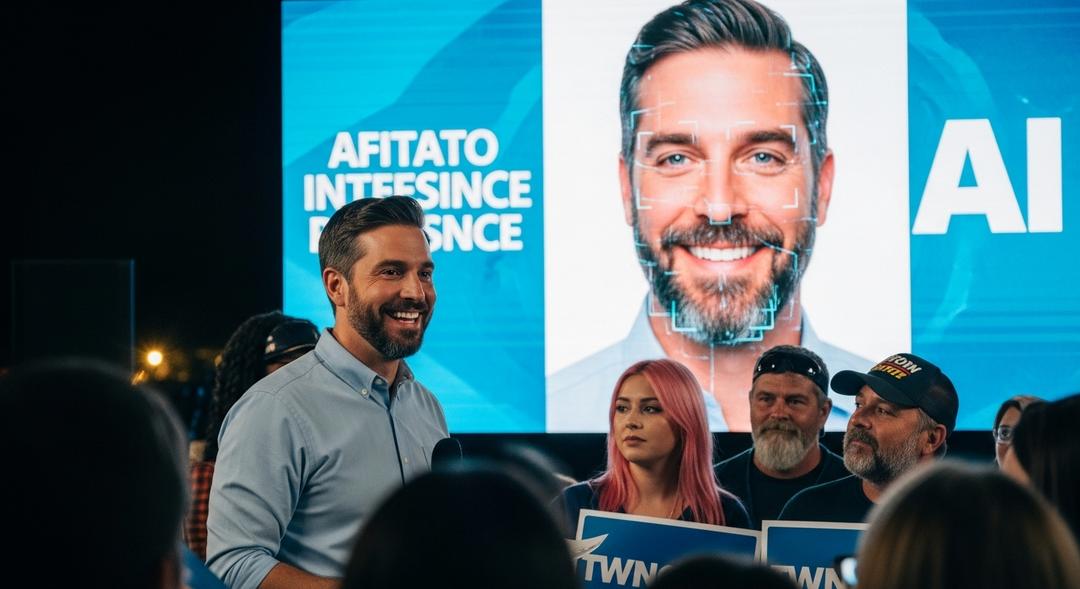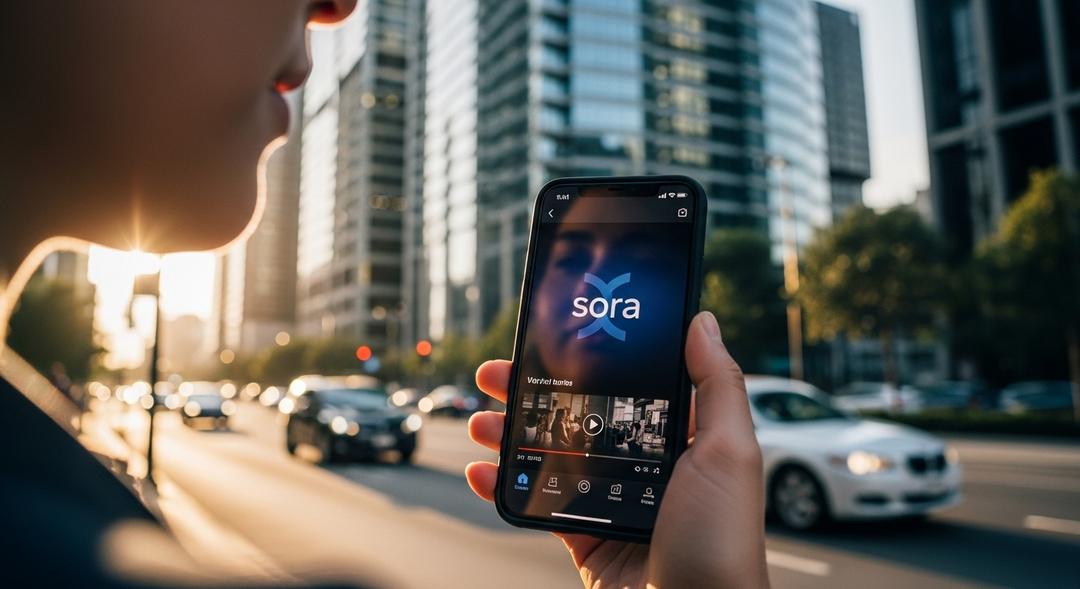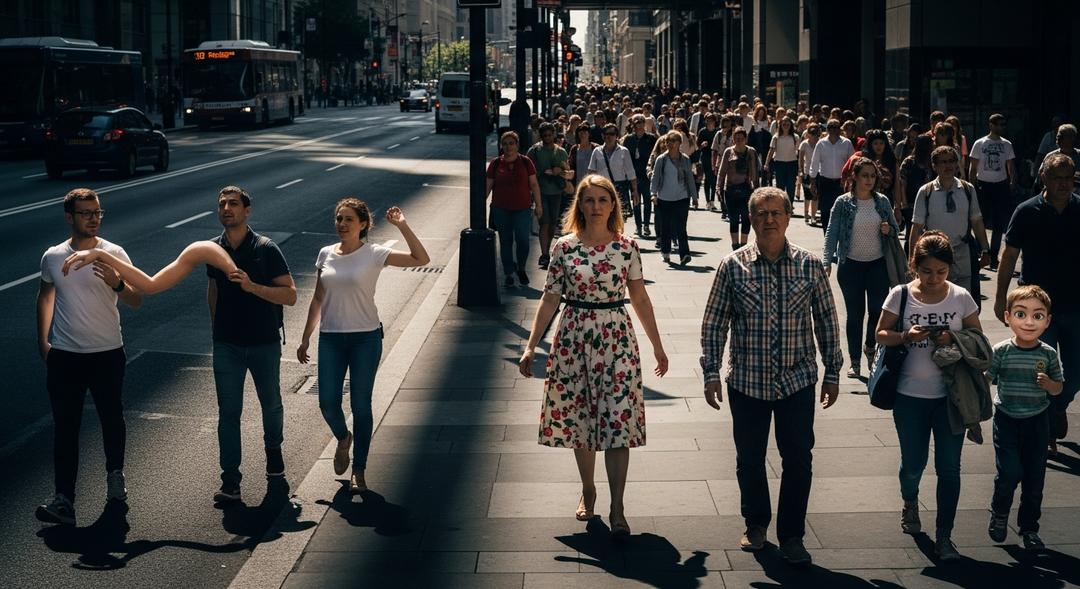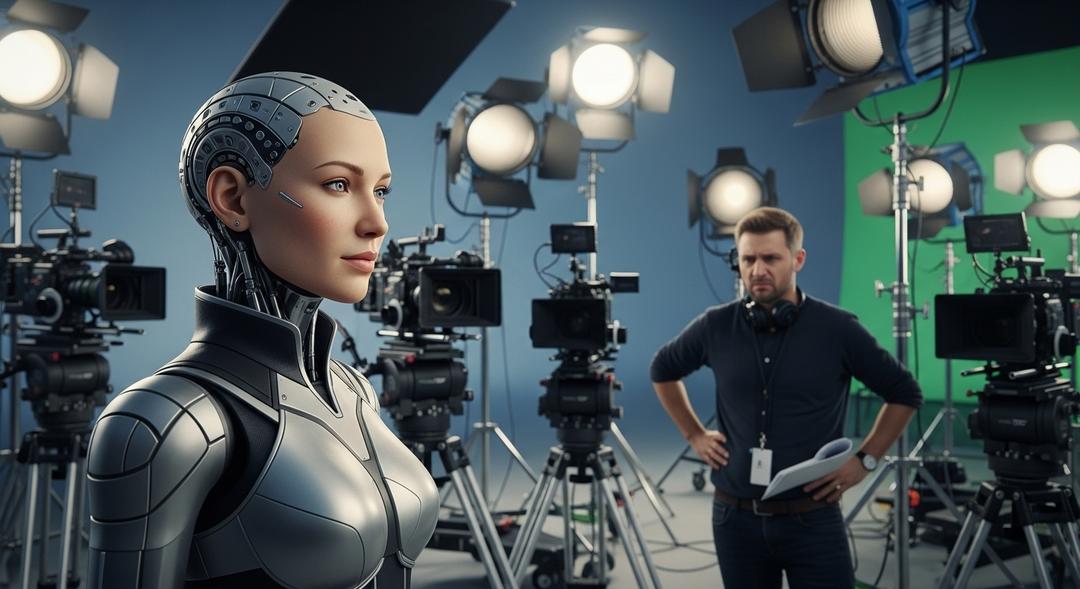Nevada has stirred the national conversation about technology in politics with a new law aimed at keeping voters in the know about the tools behind the campaign messages they see and hear.
This growing concern comes as political ads powered by artificial intelligence begin to blur the boundaries of reality, making it difficult for voters to tell fact from fiction. Earlier this session, Secretary of State Cisco Aguilar pointed to a striking image of George Washington riding the waves on Lake Tahoe, calling attention to the endless possibilities of computer-generated content in election season.
It’s not only about outlandish examples. Sometimes, as recent headlines have shown, political opponents use authentic-seeming synthetic pictures or audio to try to sway opinions, as in the negative campaign against North Carolina gubernatorial candidate Mark Robinson last autumn.
Nevada’s Approach: Full Disclosure in Political Ads
Governor Joe Lombardo has now signed Assembly Bill 73, which gives transparency new teeth in the state’s election system. This law doesn’t stop political campaigns from using artificial intelligence outright, but it does insist on transparency.
“Simply disclose it,” said Mark Wlaschin, Deputy Secretary of State Elections Division, underscoring the straightforward demand behind the new policy.
What does that look like in practice? For video ads on television or social media, viewers will see a clear notice throughout the message identifying computer generated content. Those tuning in by radio or podcast will hear a statement both at the beginning and end, making it clear if artificial means shaped the candidate’s words or image.
If a target of such an ad wants recourse, AB 73 gives them the right to pursue a civil claim. Meanwhile, anyone who thinks a campaign has flouted the labeling rule can contact the Secretary of State’s office, who will field reports from the public.
Nevada’s legal template borrows from a similar rulebook in Washington, which already requires election actors to own up to computer crafted ads. While no high profile cases have surfaced in Nevada yet, the upcoming midterm season has officials preparing for that to change.
With these new requirements, voters can expect to see and hear these disclosures in time for the next round of state and local races. AB 73 is set to take effect at the beginning of 2026, echoing moves such as Hawaii’s deepfake campaign restrictions.








